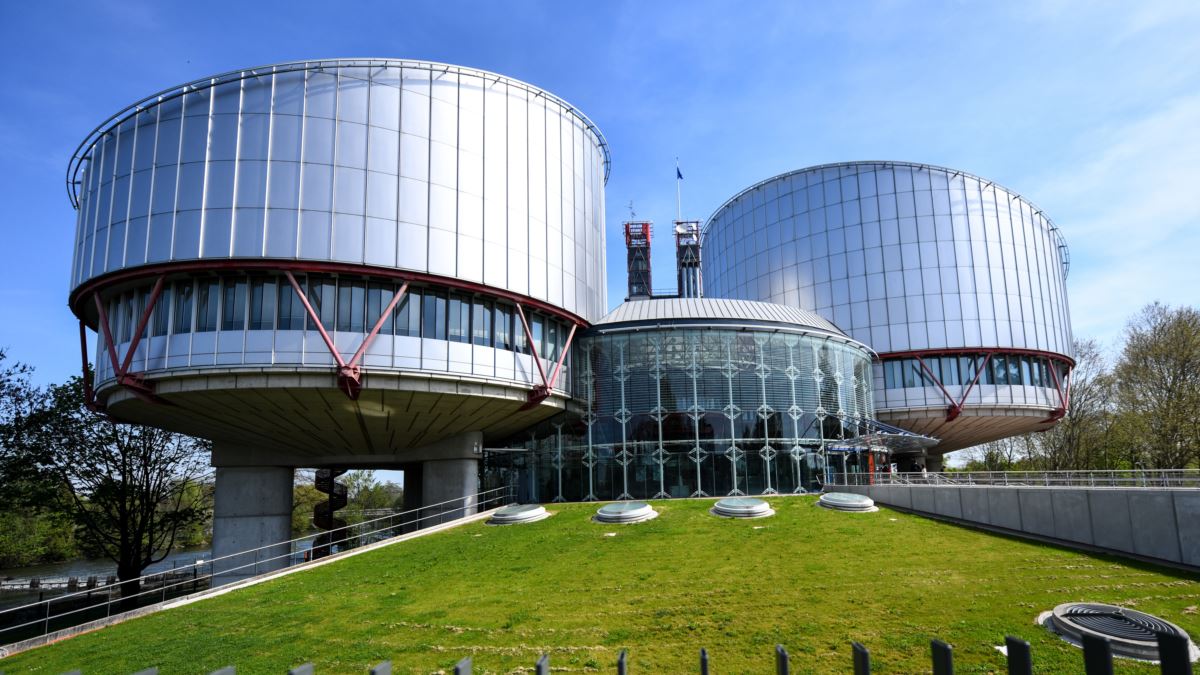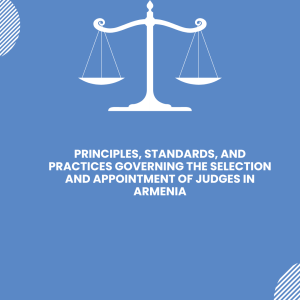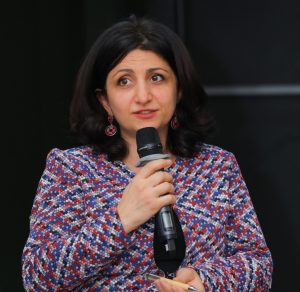Implementing the ECHR judgments: 10-year reform process brings clear results


Reforms to ensure the long-term effectiveness of the European Convention on Human Rights have clearly improved the implementation of judgments from the European Court in Strasbourg, according to the latest 2018 Annual Report from the Council of Europe’s Committee of Ministers.
The report states that 2 073 leading cases, highlighting important structural problems, have been closed since the “Interlaken” reform process began in 2010 due to constitutional, legislative and other significant reforms introduced by member states with the help of the Council of Europe.1
In addition, 6 796 repetitive cases have been closed by the Committee in the last two years alone as a result of steps taken by the member states to provide redress, including damages, to individual applicants.
The number of leading cases still pending was down to 1 248 at the end of 2018, the lowest figure since 2010, and the total number of cases yet to be fully implemented – including repetitive cases – reached its lowest level since 2006.
“Judgments from the European Court of Human Rights have improved people’s lives in many different ways across the whole continent, but they mean little if they are not put into practice,” said Council of Europe Secretary General Thorbjørn Jagland.
“Today’s report clearly shows that we are moving in the right direction. Many complex and long-standing problems have now been resolved, but there is still much work to be done.”
The Convention system has been the Council of Europe’s first and foremost achievement in its 70-year history, according to the Chairs of the Committee of Ministers’ Human Rights meetings in 2018.
However, they underline that important challenges remain, including persistent shortcomings in national implementation of the Convention and the need to consistently reaffirm states’ legal obligation to fully implement judgments from the European Court of Human Rights in all circumstances.
The Council of Europe member states are obliged to implement judgments from the European Court of Human Rights under Article 46 of the European Convention on Human Rights and Fundamental Freedoms. This process is supervised by the Committee of Ministers, which meets regularly to review progress on outstanding cases.
2018 Annual Report gives examples of recent achievements in many Council of Europe member states resulting from European Court of Human Rights’ judgments.
It also provides countryby-country figures on new cases, pending cases and cases closed as well as on the “just satisfaction” awarded by the Court in 2018.
2018 Annual Report of the Committee of Ministers
Video on the supervision process
HUDOC-EXEC: follow the implementation of the European Court’s judgments and decisions

This submission is PRWB’s contribution to the Special Rapporteur on

A coalition of human rights organizations submitted a third-party intervention

Anna Melikyan, PRWB Projects Coordinator and Legal Expert, participated in

On the eve of U.S. Vice President JD Vance’s visit